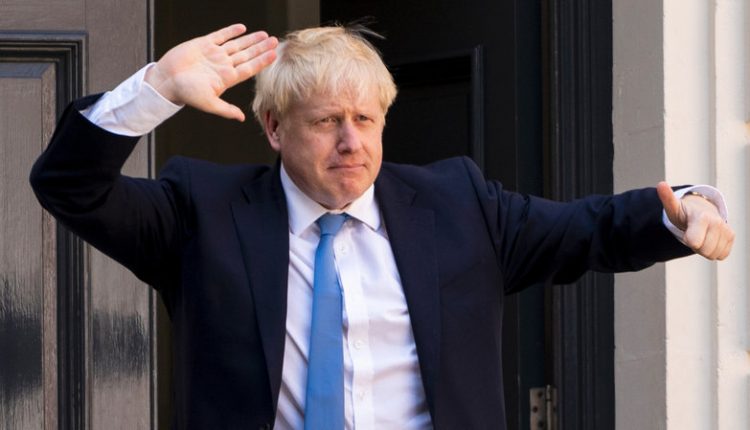UK won’t send top officials to Beijing Winter Olympics
By Megan Specia
LONDON — Prime Minister Boris Johnson said Wednesday (8) that there would be “effectively a diplomatic boycott” of the 2022 Beijing Olympics by Britain, which has now joined the United States and others in pulling its top officials from attendance of the Winter Games.
The boycott by Britain means that athletes will be allowed to compete but provides a way for the country to publicly condemn China for its human rights abuses. Australia and Lithuania have also announced a diplomatic boycott.
When asked during a question-and-answer session in Parliament whether Britain planned to join the formal diplomatic boycott of the Games, the prime minister initially stopped short, saying “we do not support sporting boycotts,” but then confirmed that there were no plans for ministers to attend.
Lawmakers pushed Johnson on the matter, and he eventually conceded that the measures did in fact amount to a boycott, showing his reluctance to officially snub China in the same way as the United States.
“There will be effectively a diplomatic boycott of the Winter Olympics in Beijing, no ministers are expected to attend,” Johnson said. He added, “I do not think that sporting boycotts are sensible.”
Iain Duncan Smith, a member of Johnson’s Conservative Party, challenged the prime minister after his initial statement, saying it was “not at all strong enough.”
“I support the request that the UK government act against this dictatorial, brutal Chinese regime that is persecuting everyone from Christians through to Tibetans and terrorizing the Uyghurs,” he said, and he urged Britain to follow the lead of the United States and others to send a message.
Johnson said that he had “no hesitation in raising these issues with China” and added that he had done so during his last conversation with the Chinese leader, Xi Jinping.
The threat of a diplomatic rebuff has appeared to unnerve Beijing. The word “boycott” appeared to have been banned in online searches after the United States made its announcement. And reports in Chinese state news media were critical of what some said was the politicization of a sporting event in a way that contravened the Olympic spirit.
The issue has been especially vexing for European nations, many of which have denounced China’s human rights record — the European Union recently renewed business and travel restrictions related to Beijing’s actions in Xinjiang — while trying to maintain their trade ties with a lucrative market.
There has been pressure in the international community to hold China to account for a range of issues, including the abuse of Uyghurs and other Muslims in Xinjiang, and the crackdown on pro-democracy activists in Hong Kong.
When tennis star Peng Shuai went missing from public life last month after accusing a top Communist Party official of sexual assault, the calls for accountability gained momentum.
-New York Times


